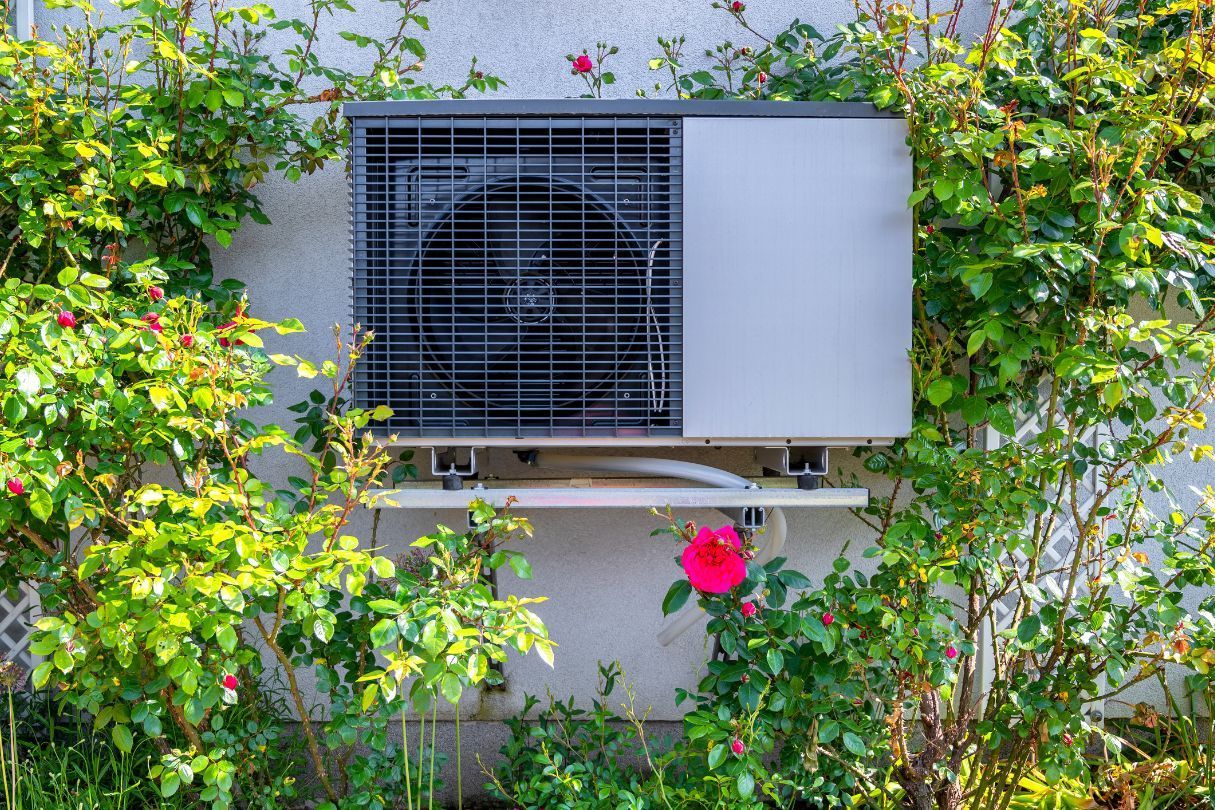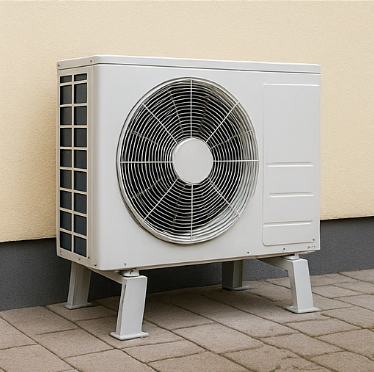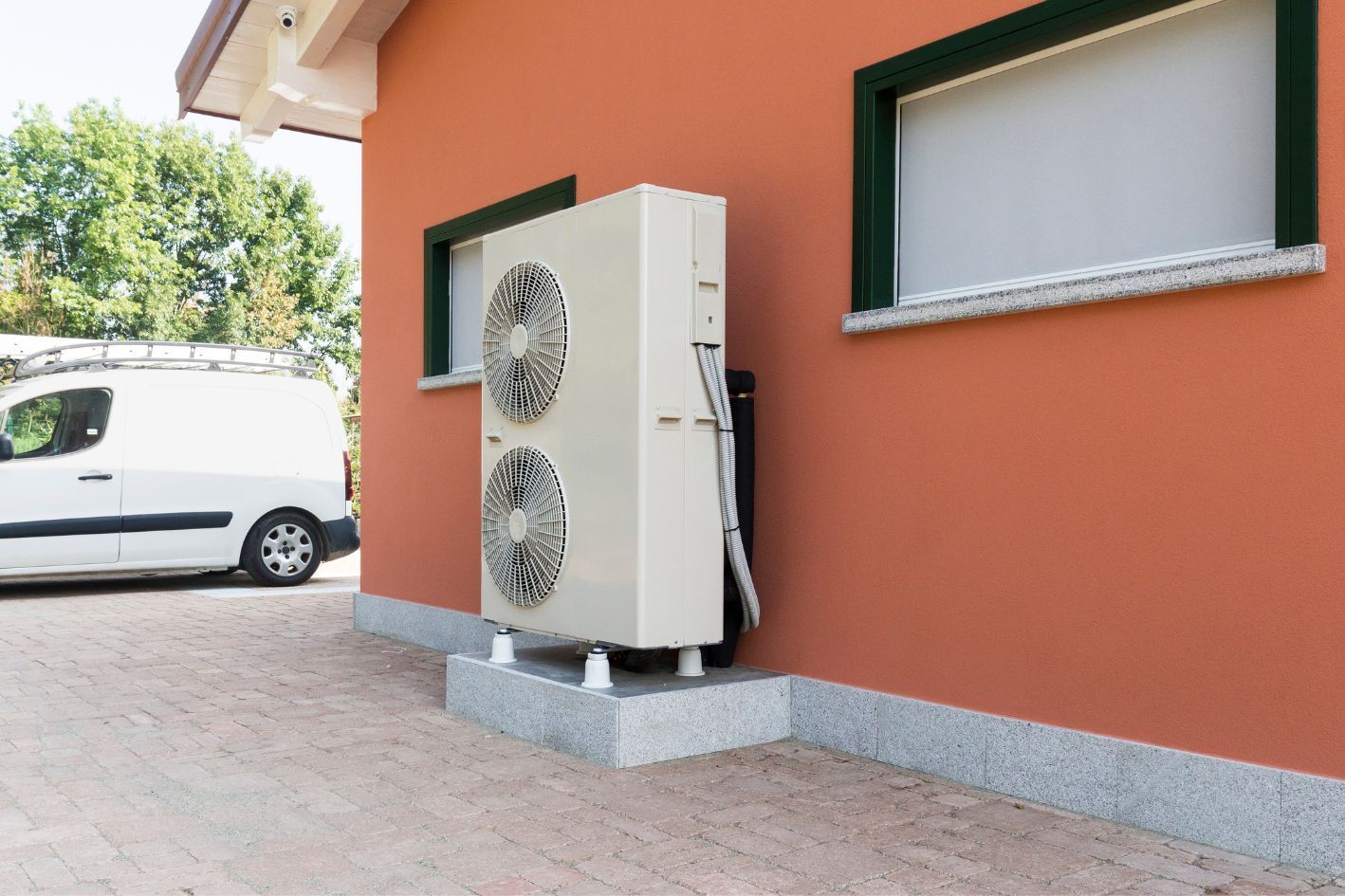Air Source Heat Pumps VS. Boilers

As we know, there are a
number of different ways you can heat your home. Two of the most
popular solutions being air source
heat pumps and
boilers. During this blog post, we will discuss the
pros and
cons of each system, in order to help you decide which is best
suited to your needs.
How Do They Work?
Air source heat pumps work by gathering the
heat from the outside air and
transporting it in to your home. Heat pumps are the most
versatile option as they provide both
heating and
cooling solutions. Alternatively, boilers work by
heating water and
circulating it through radiators or underfloor heating systems in order to
maintain heat in your home.
Energy Efficiency
The first major
benefit of air source heat pumps is their high
energy efficiency, they generate
more energy than they require, making them a great
affordable heating and cooling alternative. On the other hand,
boilers can be fairly
inefficient, mostly older ones.
Modern boiler models are becoming more and more
efficient each time.
System Costs
Air source heat pumps tend to be fairly
expensive to
install, as opposed to boilers. However, the energy
savings you make from utilising a heat pump, will eventually
cover that cost. Boilers are typically
cheaper to install, although you may have
higher operating costs in the long term.
Environmental Impacts
Air source heat pumps are more
environmentally friendly than boilers, they emit
fewer carbon emissions, therefore
lowering your carbon
footprint and working towards a greener future. Boilers, especially those powered by
fossil fuels, can have significant
effects on the
environment.
Maintenance
Air source heat pumps require regular maintenance in order to maintain their efficiency, this includes cleaning filters and checking the system over for any faults. Similarly, boilers also require regular upkeep, such as annual servicing, to ensure they function safely and efficiently.
In conclusion, air source heat pumps and boilers both have their own advantages and disadvantages. Air source heat pumps are more energy efficient and less harmful to the environment than boilers, however they are more expensive to install. In order to decide which heating system is best suited to your home, you should determine your own unique requirements and preferences. We do recommend speaking to a professional, they are able to help you make the best decision regarding your home's needs.











